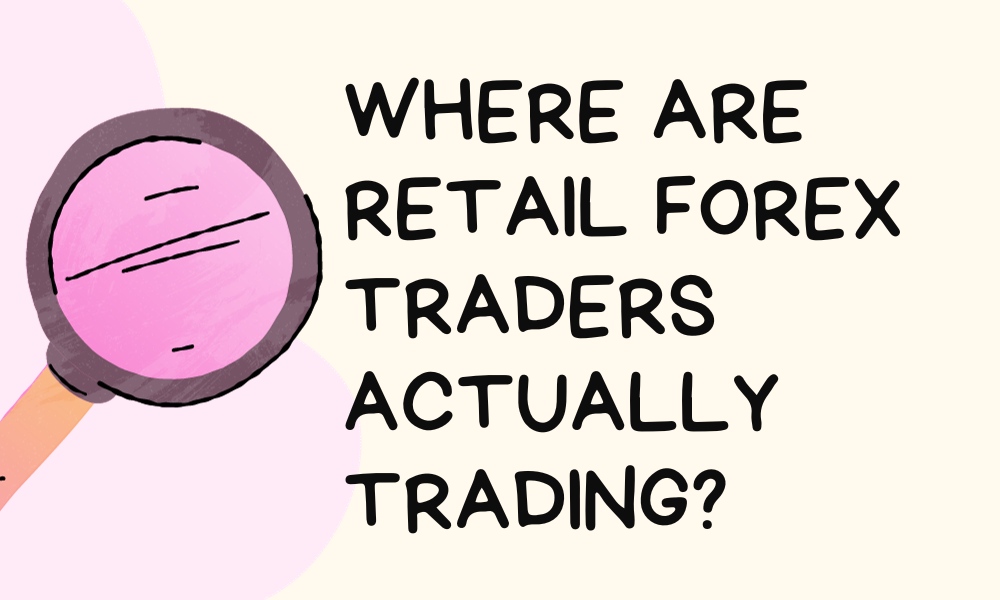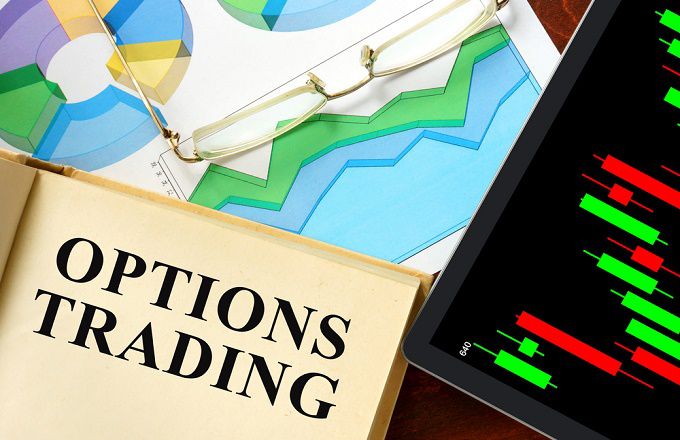Once available to institutional players, retail forex trading has become a worldwide phenomenon. Thanks to the rise of online platforms, individual investors can now access the forex market.
This article delves into the changing landscape of retail forex trading. You can gain insights into where trades are made and the factors influencing traders’ decisions.
The Traditional Forex Market
In the past, forex trading was dominated by banks and large corporations. It left individual investors with limited access. Rules and needing lots of capital made it hard for regular people to join the market.
Traditional Vs. Retail Trading
Traditional Trading
- Big Institutions: Big institutions like banks and hedge funds mainly do traditional trading. They deal with large amounts of money in the market.
- Not for Everyone: It used to be exclusive and not open to everyone. Regular people found joining hard due to high costs and limited access.
- Complicated Strategies: Traditional trading involves complex strategies. These methods need a lot of market knowledge and experience to work.
- Long-Term Thinking: Traditional traders usually invest for a long time, sometimes even years, to maximise their investments.
Retail Trading
- Open to Everyone: Retail trading is open to regular people like you and me. Thanks to online platforms, anyone can get involved.
- Online Platforms: Retail trading mostly happens online. These platforms are easy to use and provide real-time data and tools for everyday people to make decisions.
- Shorter Timeframes: Retail traders often focus on short to medium-term trades. They aim to profit from quick market changes, sometimes within minutes or a few weeks.
- Diverse Choices: Retail trading platforms offer a variety of assets like currencies, stocks, commodities, and cryptocurrencies. This variety lets traders diversify their investments easily.
- Using Borrowed Money: In retail trading, you can use borrowed money to make bigger trades. This can lead to more profits, but it also means higher risks.
Online Forex Trading Platforms
The advent of online platforms revolutionised retail forex trading, providing direct market access to individual investors. These platforms democratized trading, offering convenience and a plethora of analytical tools.
Now, traders can execute trades, monitor trends, and access market data from the comfort of their homes. If you’re interested in joining the forex market, consider reputable brokers like ftmo to get started.
Where Retail Forex Traders Conduct Trades
Several online brokers have gained popularity among retail traders due to their user-friendly interfaces and competitive features:
- MetaTrader 4 and 5 (MT4/MT5): Known for their intuitive interfaces and technical analysis capabilities, these platforms offer automated trading and a variety of indicators.
- cTrader: Recognized for its simplicity and fast execution, cTrader appeals to beginners and experienced traders.
- NinjaTrader: Attractive to traders seeking advanced tools, it supports automated strategies and provides access to third-party apps.
Influencing Factors in Traders’ Platform Choices
Cost-Effective Trading
Choosing a platform with competitive spreads and minimal fees is essential. Keeping transaction costs low ensures that a higher portion of your earnings stays in your pocket. Look for brokers that offer transparent fee structures, allowing you to plan your trades effectively.
User Experience
Opt for platforms with straightforward interfaces. The easier it is to navigate, the more efficiently you can execute trades. Mobile trading options provide flexibility, allowing you to stay connected and make decisions on the go.
Moreover, responsive customer support ensures that you receive timely assistance whenever you face challenges or have queries.
Educational Resources
Educational resources are your best friends in the world of forex trading. Tutorials and market analysis tools provide valuable insights into market trends and strategies. Equipped with knowledge, you can make informed decisions.
It can help you understand your trades thoroughly. Consider platforms like omega pro that prioritize educational resources, as continual learning is crucial for successful trading.
Regulatory Compliance and Security
When it comes to your hard-earned money, safety is paramount. Always opt for brokers that are regulated by reputable authorities. Regulatory compliance ensures that the platform operates within established guidelines, providing you with a secure trading environment.
Secure Socket Layer (SSL) encryption and reliable payment methods add an extra layer of security, safeguarding your financial transactions.
Challenges Faced by Retail Forex Traders
Navigating the Forex market isn’t without its challenges. Here are a few practical tips to overcome them:
Mitigating Risks
Forex markets are known for their fluctuations. Employing risk management techniques such as stop-loss orders helps you limit potential losses during volatile periods. Smart risk management safeguards your investments, ensuring you can weather market uncertainties.
Psychological Challenges
Emotional discipline is a key factor in successful trading. Emotions like fear and greed can cloud your judgment. By adhering to your trading plans and strategies, you avoid impulsive decisions that could lead to losses. Stay disciplined, and you’ll maintain a clear mindset during your trading activities.
Avoiding Scams
The online trading world, unfortunately, hosts scams and fraudulent practices. Thorough research and due diligence are your best defences. Read user reviews, investigate broker reputations, and choose platforms with a track record of reliability. A cautious approach can protect you from falling victim to scams. Check out loyal primus for safe trading.
Expert Insights and Tips
In the ever-changing world of forex trading, continuous learning is your strongest tool. Technical analysis, fundamental analysis, and algorithmic trading are essential skills. Engage with trading communities, attend webinars, and explore market analyses to enhance your knowledge and expertise.
Conclusion
Retail forex trading’s evolution into an inclusive online platform has democratised currency trading. Accessible platforms with convenience, education, and security features empower retail traders. By understanding platform factors and employing effective risk management, traders can navigate the forex market successfully and leverage its potential.





